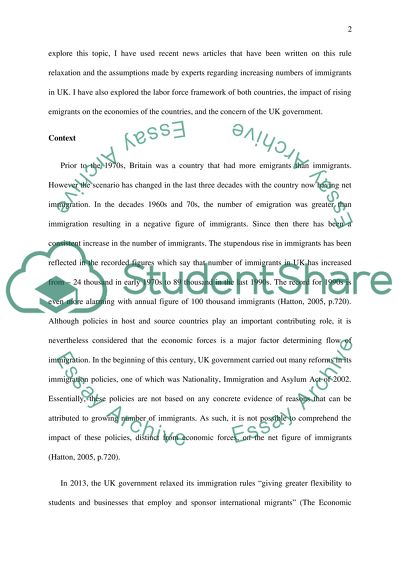Cite this document
(“MASS MEDIA: Modern Moral Panics Research Proposal”, n.d.)
MASS MEDIA: Modern Moral Panics Research Proposal. Retrieved from https://studentshare.org/sociology/1645466-mass-media-modern-moral-panics
MASS MEDIA: Modern Moral Panics Research Proposal. Retrieved from https://studentshare.org/sociology/1645466-mass-media-modern-moral-panics
(MASS MEDIA: Modern Moral Panics Research Proposal)
MASS MEDIA: Modern Moral Panics Research Proposal. https://studentshare.org/sociology/1645466-mass-media-modern-moral-panics.
MASS MEDIA: Modern Moral Panics Research Proposal. https://studentshare.org/sociology/1645466-mass-media-modern-moral-panics.
“MASS MEDIA: Modern Moral Panics Research Proposal”, n.d. https://studentshare.org/sociology/1645466-mass-media-modern-moral-panics.


